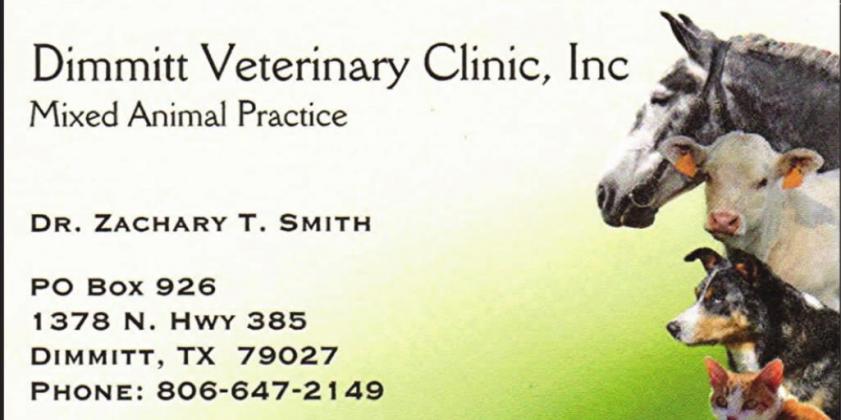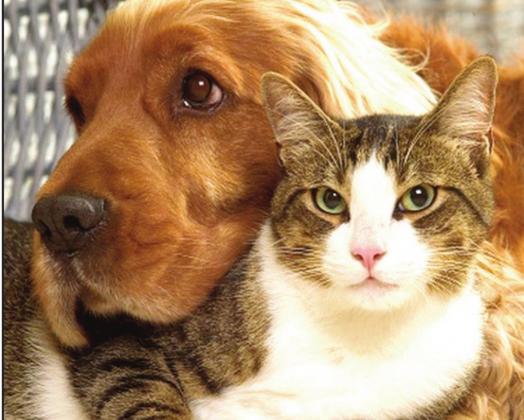The recent debates about human vaccine safety have left many pet owners wondering whether their dogs and cats should be vaccinated.
The short answer is: Yes, definitely! Pets should receive core vaccines—those medically necessary for all pets— and may need others depending on their lifestyle.
No medication is without risk, but the benefits of vaccinating pets certainly outweigh the few risks because many common vaccinations in pets protect against devastating diseases, such as rabies, and even death.
Vaccinations not only protect pets, but they are also a component of human disease prevention. Approximately 59,000 people worldwide die each year from rabies, according to the World Health Organization, but only one or two deaths occur in the US, where laws require pets to be vaccinated and more than $300 million is spent annually on rabies prevention.
Widespread vaccination means that few pets get rabies and few humans are exposed. More than 95% of rabies deaths occur in Africa and Asia, which lack successful vaccination programs.
The most likely vaccination complications include tissue swelling around the injection site; mild signs of illness such as fever, lethargy, and soreness; and allergic reactions to the vaccine that can range from mild to life-threatening. The likelihood of a dangerous reaction is low, whereas the likelihood of your pet developing a lifethreatening disease if he is not vaccinated is much higher.
To determine whether a pet should be vaccinated against a particular disease, your veterinarian will assess his exposure risk, including:
-Age: A specific vaccination protocol is necessary to help puppies and kittens build resistance to disease while the immunity passed from their mothers wears off. After the initial vaccine series, booster vaccines are required for adult pets to maintain immunity.
-Geography: Exposure risk to some diseases is higher in some geographic areas; for example, Lyme disease is most prevalent in heavily wooded areas, such as the Northeast.
-Lifestyle: Cats who live solely indoors with no contact with other cats have little risk of exposure to feline leukemia and may not need this vaccination. But if your cat goes outside, spends time at a boarding facility, or has contact with outside cats brought into your home, he has a higher exposure risk and should be vaccinated.
Vaccination is the most reliable method of disease prevention and poses few risks. Ask your veterinarian which vaccines your pet should receive.


